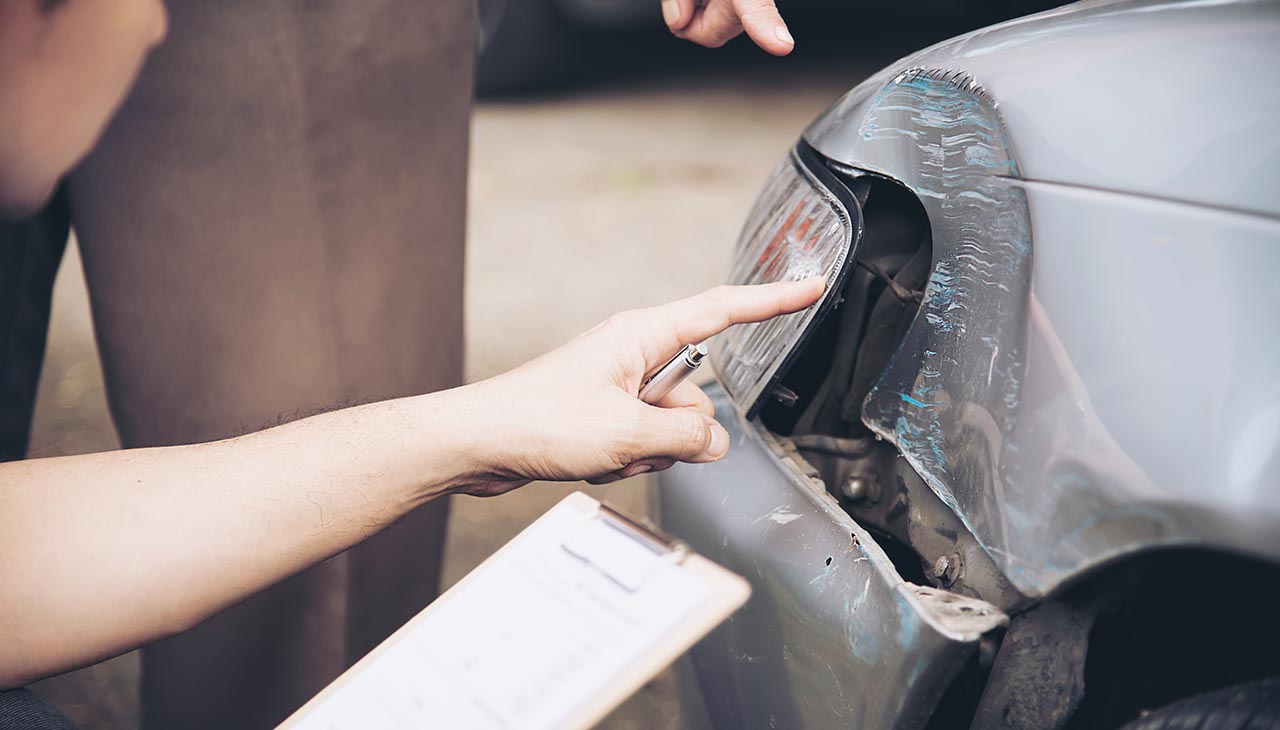Being involved in an auto accident can be a traumatic and overwhelming experience, and the aftermath often involves negotiating with insurance companies to secure the compensation you deserve. While the process may seem daunting, with the right approach and mindset, you can significantly improve your chances of obtaining a favorable settlement. Experienced auto accident lawyers highlight the importance of preparation, effective communication, and understanding of legal rights as key aspects to successful negotiations. In this guide, we delve into expert strategies designed to assist you in confidently navigating the settlement process.
Understanding Your Case’s Value
To accurately gauge the value of your auto accident settlement, it’s critical to assess all damages and losses connected to the incident. These can include:
- Medical Expenses: Compile all medical bills, including emergency services, hospitalization, surgery, medication, physical therapy, and any future medical care.
- Lost Income: Calculate wages lost due to time away from work, along with any diminished earning capacity resulting from the accident.
- Property Damage: Get estimates for repairing or replacing your vehicle and any other personal property affected.
- Pain and Suffering: Quantify the non-economic damages like pain, emotional distress, and loss of enjoyment of life, which can be subjective and may require professional legal insight to value appropriately.
- Other Expenses: Consider additional costs, such as travel to medical appointments or hiring help for household duties you cannot perform due to your injuries.
Each of these factors plays a crucial role in determining the overall worth of your claim. A thorough documentation of these facets, supported by evidence such as receipts, doctor’s notes, and wage statements, is essential in presenting a compelling case to insurance adjusters or jurists, should your claim proceed to court.
Gathering Strong Evidence
The strength of your negotiation largely relies on the quality and quantity of evidence you present. Solid evidence not only substantiates your claim but also signals to the insurance company that you are prepared and serious about reaching a fair settlement.
The Role of Evidence in Strengthening Your Negotiation
Gather compelling evidence to construct a robust narrative of the accident and its repercussions on your life. This can deter insurance companies from undercutting your claim and can also serve as leverage if you decide to go to court.
Types of Evidence to Collect
Here are the essential types of evidence you should aim to collect:
- Photographs and Videos: Images of the accident scene, your injuries, and property damage. Capturing timestamped photos immediately after the incident is especially powerful.
- Police and Accident Reports: Official reports often contain an unbiased account of the accident, which can be persuasive to insurers and jurists.
- Eyewitness Statements: Written or recorded statements from individuals who saw the accident provide independent accounts that can support your version of events.
- Medical Records: Documented evidence of your injuries and the treatments received links your medical issues directly to the accident.
- Expert Testimonies: Specialists in fields like medicine, accident reconstruction, or economic damages can lend credibility to your claims about the accident’s impact and your future needs.
- Personal Documentation: Journals or diaries that record your daily pain levels, emotional state, and the ways your injuries have impacted your life.
How to Gather Evidence Effectively
To collect this evidence effectively, it’s imperative to act immediately following the accident. Swiftly obtain photos, gather contact information from witnesses, and file a police report. Stay organized and maintain a file or digital folder with all gathered evidence. Additionally, consider the assistance of an attorney to help in collecting and evaluating the evidence, ensuring you leave no stone unturned.
By meticulously assembling evidence and organizing it to support your claim, you strengthen your position in negotiations, making it considerably more likely that you’ll maximize your settlement outcome.
Presenting a Compelling Demand Package
Crafting a Compelling Demand Letter
The demand letter is a critical element of your negotiation process. It serves to clearly outline the circumstances of the incident, substantiate your claim, and detail the compensation you are seeking. A well-constructed demand letter includes:
- A Summary of the Accident: Provide a concise description of how the accident occurred and identify the liable party.
- The Injuries Suffered: Enumerate the injuries you sustained, emphasizing their severity and any long-term implications on your health and well-being.
- An Itemized List of Damages: Breakdown of the financial impact, including medical expenses, lost income, and property damage, with corresponding values.
- A Demand for Compensation: State your settlement amount, that takes into account both the economic and non-economic damages.
- A Deadline for Response: Include a specific date by which you expect a response, creating a sense of urgency.
It’s essential to keep the tone professional and assertive without displaying aggressiveness, and to attach the appropriate evidence to support each listed damage.
Including Supporting Documents in the Demand Package
To reinforce the demand letter, compile a comprehensive demand package with all the supporting documents and evidence. This should include:
- Copies of medical reports and bills to substantiate medical expenses.
- Documentation of lost wages and any other income-related losses.
- Estimates and receipts for property damage.
- Relevant photographs and videos that depict the accident scene, injuries, and property damage.
- Statements from eyewitnesses and experts that corroborate your claim.
Presenting these documents in an organized manner will demonstrate your case’s legitimacy and readiness to pursue further legal action if necessary, significantly enhancing your negotiating stance.



